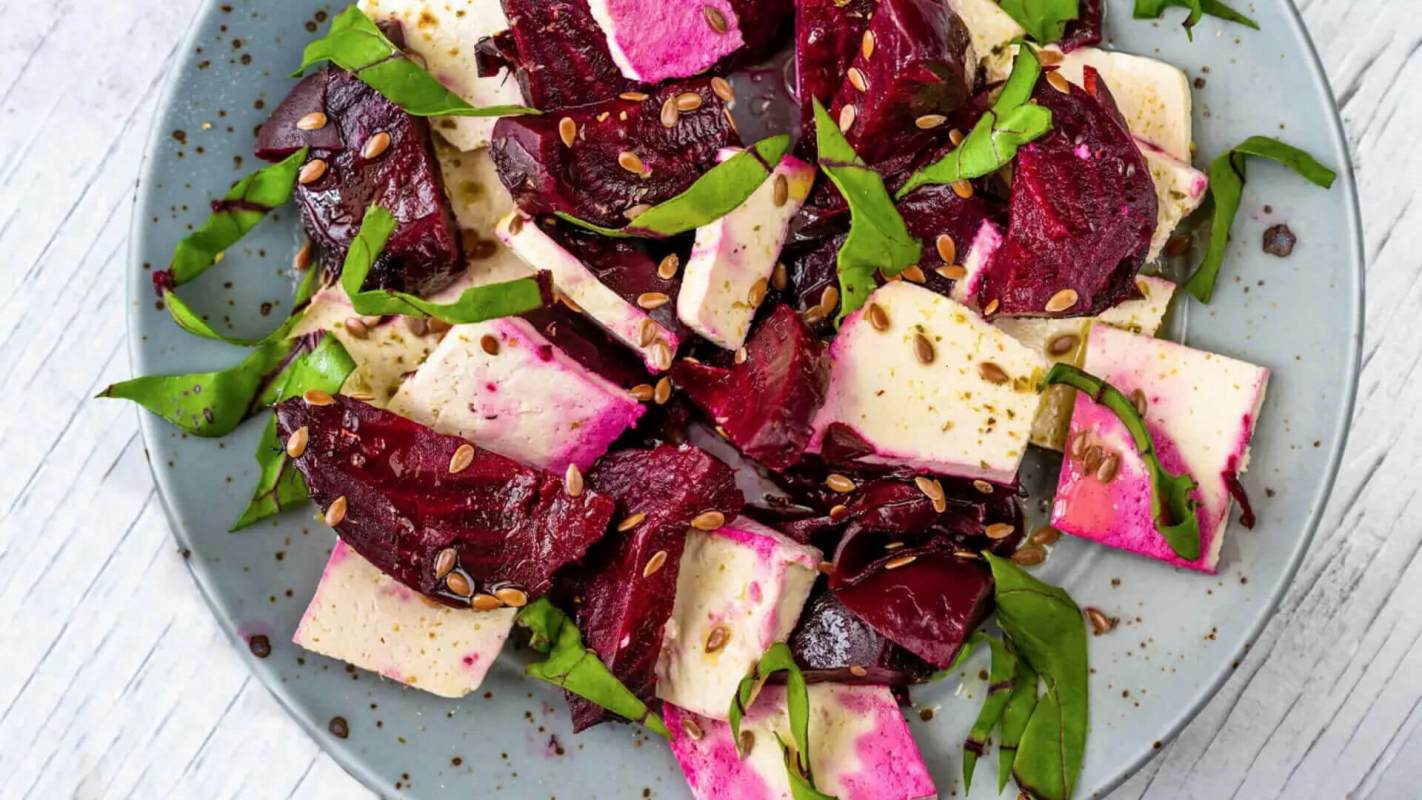Food is one of the biggest expenses in any household — and one of the largest sources of heat-trapping air pollution worldwide. The agriculture industry, especially meat production, uses a ton of resources and can get expensive as a result.
Many people searching for a healthier and more harmonious lifestyle have found it by giving up meat and saving money at the same time. Not up for going full-time vegetarian? That's OK! Even a few plant-based meals a week can unlock a wide range of benefits.
For one, grocery shopping for plant-based foods is cheaper on average than buying meat-based meals. Eating veggies will save you about $2 a day — or almost $200 per year if you switch out just a fourth of your meals.
A recent study broke down numbers slightly differently. In a typical family, cooking with meat costs $2.36 per person per meal. With plant-based options, the cost goes down to $1.41, per the study.
Meanwhile, vitamin-rich vegetables, fruits, nuts, legumes, and grains are great for your body. Scientists have revealed that "plant-forward" diets significantly reduce your Alzheimer's disease risk, help protect you from a wide range of deadly illnesses like respiratory disease, and can help avoid diabetes.
Finally, the less meat you eat, the less you support animal agriculture, which currently creates an estimated 58% of the air pollution from food in the world.
Switching from a high-meat diet to a low-meat one could cut your dietary impact on the planet practically in half, according to the World Resources Institute; if the entire population of the U.K. did it, it'd be equivalent to removing 8 million cars from the world's roads, according to an Oxford University-led study. Using plant-based meat and dairy alternatives would also help halt deforestation and significantly slow air pollution.
Popular plant-based diet trends
Plant-forward
In this diet, meat is still present but takes a back seat to fresh vegetables and beans. The beans pack a powerful protein punch, and the combination of beans, veggies, and often grains is filling, delicious, and healthy. Some example meals include stuffed sweet potatoes with beans, veggies, cheese, avocado, and salsa; organic turkey tacos loaded with chopped vegetables; and the classic rice and beans.
Here are a few plant-forward Costco finds to get you started.
Plant-slant
This diet is modeled on the everyday diets of people in the world's "Blue Zones," places with the longest life expectancies — and Gen Z is moving in the same direction, with as many as 79% going meatless at least once a week.
The focus here is on whole foods: the fewer processed foods and added ingredients, the better. Instead, long-living Blue Zone residents eat whole grains, beans, and garden vegetables.
For a successful plant-slant diet, eat four to six servings of various vegetables per day, limit animal products and processed foods, put fruits and veggies where they're easy to snack on, emphasize beans and tofu, and add a daily handful of nuts.
Reducetarian/flexitarian
The reducetarian movement is gaining popularity as more and more people work to cut out meat and animal products from their diets. Reducetarians don't have to be fully vegan or vegetarian; the point is to reduce your meat intake by whatever amount feels good to you to promote human health, protect the environment, and reduce the mistreatment of farm animals.
Flexitarians are somewhat similar, but there are differences. A flexitarian eats a plant-based diet in general but doesn't specifically avoid meat or animal products if they're available; they're flexible. Being a reducetarian means deliberately limiting your meat consumption, so you might pass on the bacon even if it's offered to you.
Precision fermentation
This one is for you if you love dairy products but don't love the dairy industry. Precision fermentation is a burgeoning technology that uses microorganisms to produce the same proteins found in dairy and meat products.
These proteins are then used to create food products that taste, feel, and cook like the real thing. It uses less water, energy, and land than the real thing and produces less air pollution, so it's a good idea for the environment.
And, of course, no animals are involved — so while it's not technically "plant" based, it's great for the environment. Perfect Day is one example of a precision fermentation company helping to develop this revolutionary technology.
And according to the Food Institute, the future of precision fermentation tech is extremely bright. So expect to see more and more fermented meat and dairy substitutes.
Join our free newsletter for easy tips to save more, waste less, and help yourself while helping the planet.







